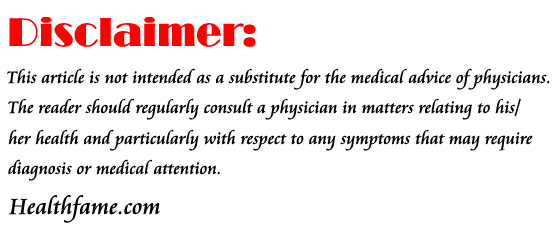Iodine is essential for the survival of the various functions and processes of the body. Iodine is needed by the thyroid gland to function properly. Iodine plays a role to ensure proper growth in children and maintain healthy nails, hair, and skin. Among the various sources of iodine, the most readily available source is the iodized salt. But if for any reason you should not eat salt, there are many foods that contain iodine.
Salt, including the minerals that the body needs to function normally. Known also as iodine chloride, salt charge of maintaining fluid balance in the body. In food, in addition to giving a sense, salt also prevent perishable foods. During this time, we get iodine from salt, but salt is not the only source of iodine. Here is a list of some foods high in iodine, taken from http://ods.od.nih.gov.
In broad outline, a glass of milk plus an egg meet approximately 50% of the body needs iodine. While fruits and vegetables in a healthy diet sufficient approximately 20% only. Therefore it is suggested when the body requires a high iodine intake please enter the type of seafood or seafood species into the daily diet, although generally normal diet can be considered sufficient if the processing needs of iodine using iodized salt that are easily found in the market.
Iodine Supplements
Apart from food, other sources of iodine can be obtained through supplements. Most supplements contain very low doses of iodine so that you do not have to worry about overdose.
Recommended Iodine Intake
Recommended dose of iodine is 150 mcg per day for healthy adults. But even five to six times the recommended daily dose generally will not cause harmful effects. Considered an overdose is when a person consumes up to 25-30 times the recommended dose. Excess iodine can cause health problems including headaches, rash, enlarged salivary glands, nausea, and vomiting.
Tips
1. Iodine supplements should not be taken by pregnant women.
2. One teaspoon of iodized salt contains 300 mcg of iodine or twice the recommended dose.
3. salty food and snacks is not a source of iodine. The product does not contain, and can be harmful to health because of the high sodium content.
4. Although iodine help prevent disorders of the thyroid gland, thyroid disorders can not be cured simply by eating iodine. In situations like this, the best step is to consult with a doctor.
Iodine Supplements
Apart from food, other sources of iodine can be obtained through supplements. Most supplements contain very low doses of iodine so that you do not have to worry about overdose.
Recommended Iodine Intake
Recommended dose of iodine is 150 mcg per day for healthy adults. But even five to six times the recommended daily dose generally will not cause harmful effects. Considered an overdose is when a person consumes up to 25-30 times the recommended dose. Excess iodine can cause health problems including headaches, rash, enlarged salivary glands, nausea, and vomiting.
Tips
1. Iodine supplements should not be taken by pregnant women.
2. One teaspoon of iodized salt contains 300 mcg of iodine or twice the recommended dose.
3. salty food and snacks is not a source of iodine. The product does not contain, and can be harmful to health because of the high sodium content.
4. Although iodine help prevent disorders of the thyroid gland, thyroid disorders can not be cured simply by eating iodine. In situations like this, the best step is to consult with a doctor.
You've just read List Of Foods High In Iodine article, from Healthy Foods /
Iodine /
Minerals
category. You can bookmark this post with URL : https://healthfame.blogspot.com/2015/04/iodine-rich-foods.html. Thank you!

Writen by:
Mr Soed - Thursday, April 16, 2015






